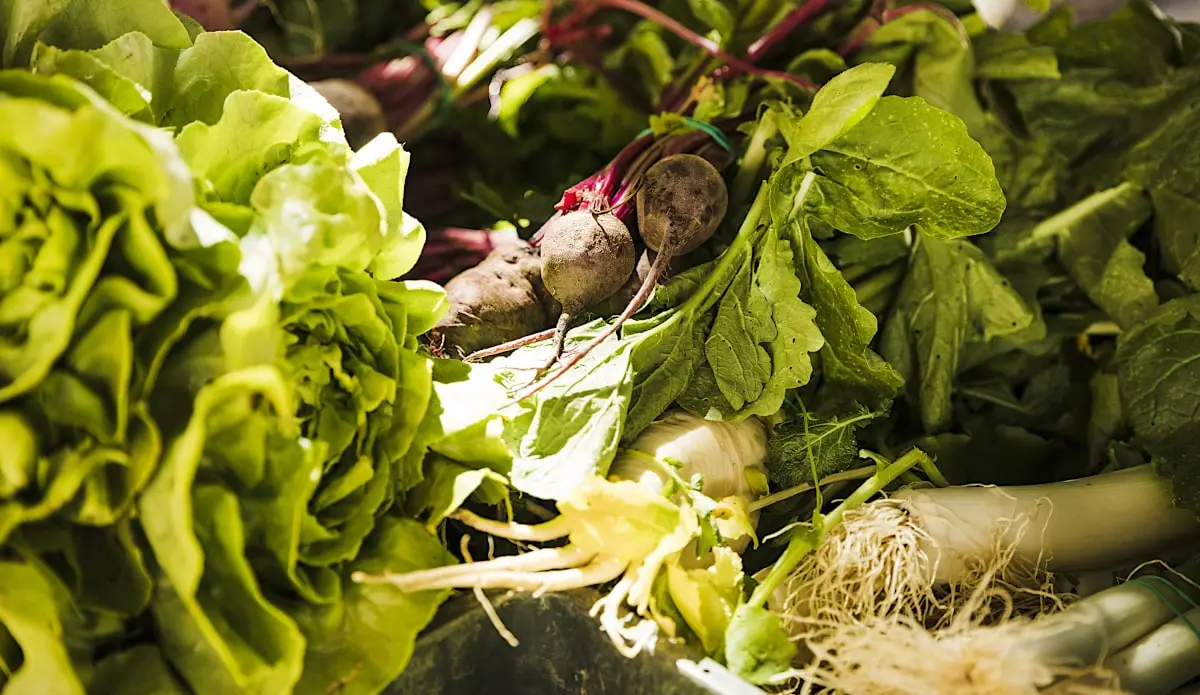Sustainable Eating – Choose Natural

In a world grappling with environmental challenges, sustainable eating practices have emerged as a crucial way to mitigate the impact of our food choices on the planet. With a population of over 1.3 billion, India faces unique sustainability challenges and opportunities. By embracing natural foods and adopting sustainable eating habits, individuals can play a significant role in reducing carbon footprints, conserving resources, and promoting a healthier planet. In this article, we explore the importance of sustainable living, highlighting the benefits it brings to both the environment and the local communities.
The Environmental Impact of Food Production
Food production has a substantial ecological footprint. Large-scale agriculture, deforestation, water depletion, and greenhouse gas emissions are some of the key environmental challenges associated with the conventional food system. Unsustainable practices, such as excessive use of synthetic fertilizers and pesticides, contribute to soil degradation and water pollution. By choosing natural foods, which are grown using organic and regenerative methods, individuals in India can support a more sustainable food production system that minimizes harm to the environment.
Conserving Biodiversity and Protecting Ecosystems
India is known for its rich biodiversity, which is under threat due to habitat loss and degradation caused by unsustainable agricultural practices. Choosing natural foods helps protect ecosystems by promoting organic farming, agroforestry, and biodiversity conservation. Organic farming methods prioritize the use of natural fertilizers, crop rotation, and pest control methods, creating a harmonious relationship between agriculture and the environment. By supporting organic farmers and local food systems, individuals can contribute to the preservation of biodiversity and protect vital habitats for flora and fauna.
Minimizing Food Waste and Reducing Food Miles
Food waste is a significant world-wide issue, with estimates suggesting that around 40% of food produced goes to waste. Sustainable eating involves mindful consumption and reducing food waste at every stage of the food supply chain. By choosing natural foods, individuals can prioritize fresh, local, and seasonal produce, thereby reducing the distance traveled from farm to plate. This approach not only supports local farmers and reduces carbon emissions associated with transportation but also ensures fresher, nutrient-rich foods on our plates.
Supporting Local Farmers and Sustainable Livelihoods
India has a large population dependent on agriculture for their livelihoods. By embracing natural foods and supporting local farmers, consumers can contribute to the sustainability of rural communities. Buying directly from farmers or through local markets and cooperatives helps ensure fair prices, supports small-scale agriculture, and strengthens the local economy. Sustainable eating practices empower farmers to adopt organic and regenerative farming techniques, reducing their reliance on synthetic inputs and creating a healthier, more sustainable agricultural system.
Health Benefits of Natural Foods
In addition to the environmental advantages, natural foods offer numerous health benefits. They are free from harmful pesticides, synthetic fertilizers, and genetically modified organisms (GMOs). Natural foods are typically rich in nutrients, antioxidants, and essential minerals, promoting overall well-being and supporting a healthy lifestyle. Choosing natural foods and prioritize your own health while simultaneously contributing to a sustainable food system.
Sustainable eating is not just a trend; it is a necessity for a healthier planet. In India, where the population and environmental challenges are significant, embracing natural foods and adopting sustainable eating habits can have a profound impact. By minimizing the ecological footprint, conserving biodiversity, reducing food waste, supporting local farmers, and reaping the health benefits, we can play an active role in building a sustainable future. Lets make mindful choices and embark on a journey of sustainable eating, where every bite contributes to the well-being of the planet we call home.



